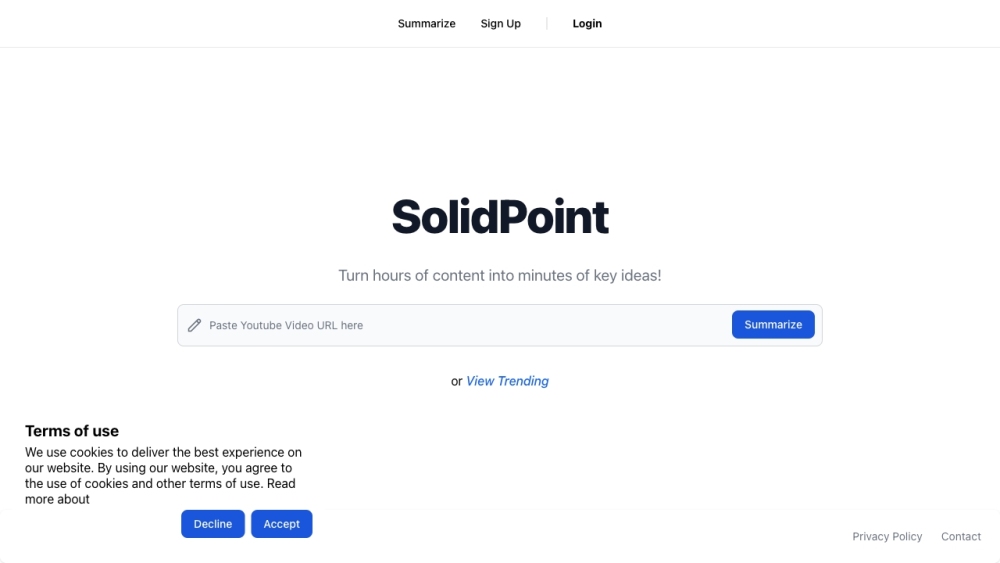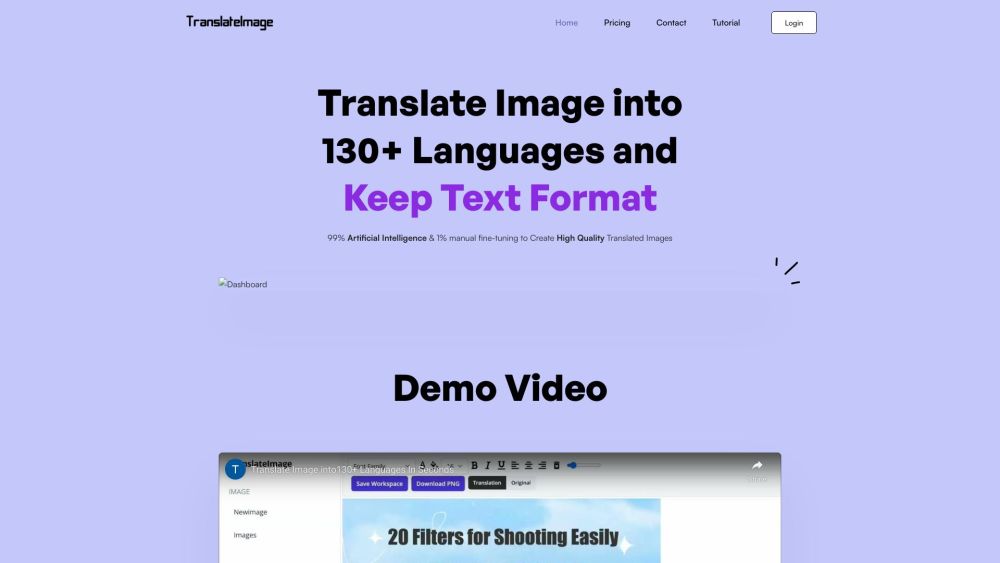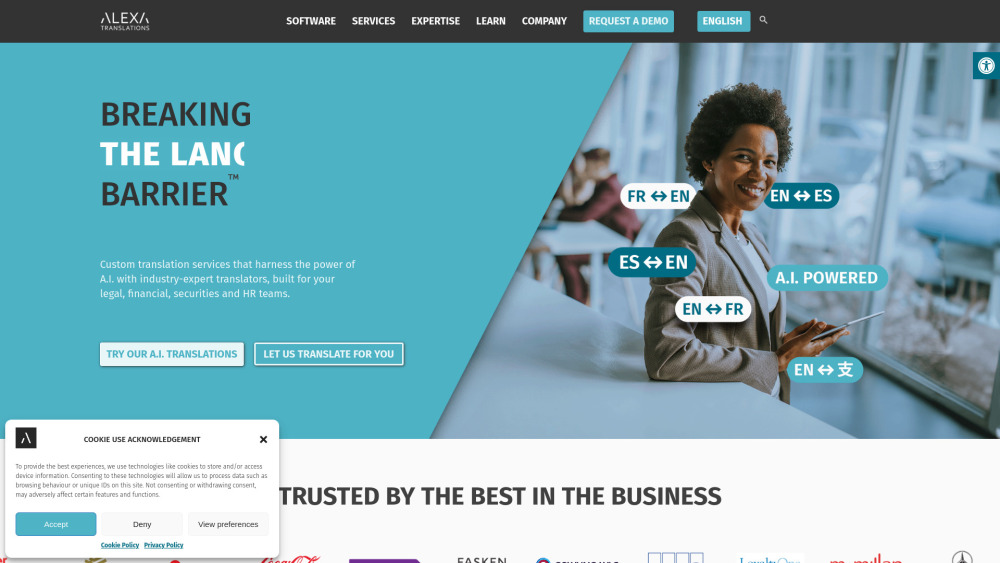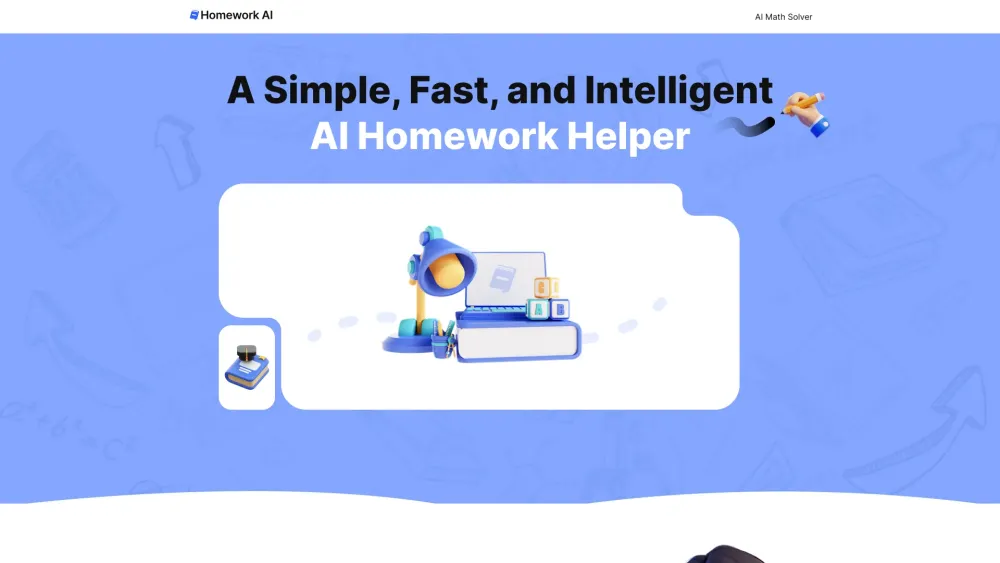As established search engine giants like Google incorporate Generative AI technology, innovative startups are endeavoring to reimagine AI-driven search from scratch. It may appear to be an uphill battle against competitors boasting billions of users, yet this new generation of search disruptors is confident in their potential to create a meaningful niche by offering an enhanced user experience.
Among these fresh contenders is Perplexity AI, which announced today that it has secured $73.6 million in a funding round led by IVP, with additional investments from NEA, Databricks Ventures, former Twitter VP Elad Gil, Shopify CEO Tobi Lutke, ex-GitHub CEO Nat Friedman, and Vercel founder Guillermo Rauch. Notably, this round also saw participation from Nvidia and Jeff Bezos.
Sources familiar with the situation revealed that the funding round values Perplexity at $520 million post-money. While this figure may seem modest within the expansive world of Generative AI startups, it marks an impressive feat for a company that began operations in August 2022.
Founded by Aravind Srinivas, Denis Yarats, Johnny Ho, and Andy Konwinski—engineers with expertise in AI, distributed systems, search engines, and databases—Perplexity aims to redefine search paradigms. CEO Srinivas previously contributed to research on language and Generative AI models at OpenAI, working on influential projects like Stable Diffusion and DALL-E 3.
In contrast with conventional search engines, Perplexity features a chatbot-like interface that facilitates straightforward natural language queries (e.g., “Do we burn calories while sleeping?” or “What’s the least visited country?”). The platform’s AI provides concise responses along with source citations, allowing users to seamlessly ask follow-up questions to explore specific topics further.
“With Perplexity, users receive instant answers to their inquiries, complete with full sources and citations,” Srinivas expressed. “Perplexity caters to anyone seeking to leverage technology for information retrieval.”
The backbone of the Perplexity platform consists of a variety of Generative AI models, both developed in-house and sourced from third parties. Subscribers to Perplexity’s Pro plan (priced at $20 per month) benefit from the ability to switch between models—including Google’s Gemini, Mistra 7Bl, Anthropic’s Claude 2.1, and OpenAI’s GPT-4—unlocking features like image generation and unlimited access to Perplexity’s Copilot, which tailors search preferences to individual users. Additionally, users can upload files, such as documents and images, for analysis and query responses (e.g., “Summarize pages 2 and 4”).
While Perplexity's experience may remind users of Google’s Bard, Microsoft’s Copilot, and ChatGPT, its user-friendly interface mirrors trends in today’s top Generative AI tools. Other search engine startups, like You.com, also provide similar AI-enabled summarization and citation functionalities, often powered by GPT-4.
Srinivas argues that Perplexity offers superior search filtration and discovery options, such as enabling users to restrict searches to academic papers and explore trending topics contributed by platform users. However, skepticism remains that these features could be easily replicated by competitors. Furthermore, Perplexity harbors ambitions beyond traditional search, as it begins offering its own Generative AI models that leverage its search index and public web data through an API for Pro customers.
Yet, this reporter voices concerns regarding the sustainability of Generative AI search tools, particularly given the high operational costs of AI models. At one point, OpenAI reportedly spent approximately $700,000 per day to meet ChatGPT's demand, while Microsoft has been losing an average of $20 per user per month on its AI coding service.
Current sources indicate that Perplexity’s annual recurring revenue ranges from $5 million to $10 million—a healthy figure, albeit overshadowed by the substantial costs of training Generative AI models like its own.
Concerns about potential misuse and misinformation related to Generative AI search tools like Perplexity are valid. AI is not always the best at summarizing, occasionally omitting critical details or misinterpreting facts. Additionally, biases and inaccuracies can emerge, as evidenced by some recent outcomes from Perplexity’s models.
Another challenge facing Perplexity is copyright issues. Generative AI models acquire knowledge by analyzing vast amounts of online content, storing millions of examples in their datasets. Vendors argue that the fair use doctrine protects their scraping practices, a claim contested by authors and copyright holders who have taken legal action.
Notably, as various Generative AI vendors implement defenses against potential copyright claims, Perplexity’s terms of service do not. Customers are required to “hold harmless” Perplexity from any claims or liabilities arising from the use of its services, thereby absolving the company of responsibility for legal fees.
Some plaintiffs, like The New York Times, argue that Generative AI search tools deprive content creators of readership and ad revenue through potentially anticompetitive practices. A model from The Atlantic suggested that if a search engine could effectively integrate AI, it would fulfill users' queries 75% of the time without necessitating visits to original publisher websites. While some vendors, such as OpenAI, have formed partnerships with select news publishers, Perplexity has yet to pursue such agreements.
Srinivas reframes this issue as a benefit, stating, “With Perplexity, there’s no longer a need to click through multiple links, compare answers, or endlessly hunt for information. The era of navigating SEO clutter and sponsored content will give way to a more streamlined model for knowledge acquisition, ushering in a new phase of accelerated learning and research.”
Despite the ongoing uncertainties surrounding Perplexity’s business strategy and the broader Generative AI search landscape, investor interest remains robust. To date, Perplexity—boasting 10 million active monthly users—has raised over $100 million, a substantial portion of which is being allocated to expanding its team of 39 employees and enhancing product features, according to Srinivas.
“Perplexity is diligently developing a product that can empower billions through AI technology,” stated Cack Wilhelm, a general partner at IVP. “Aravind possesses a rare ability to maintain a grand vision while delivering products relentlessly—essential qualities for tackling a challenge as significant and fundamental as search.”




